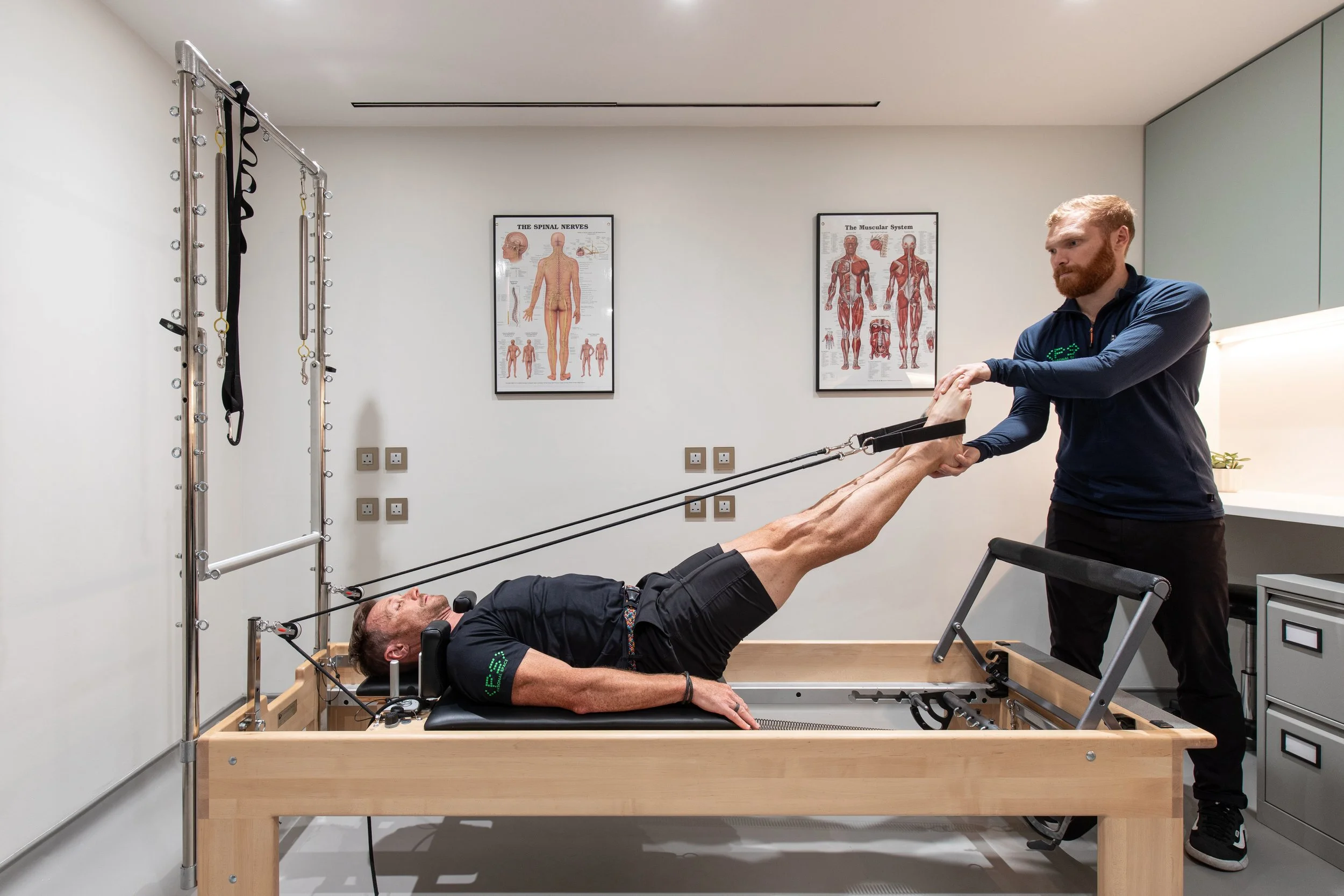Physiotherapy Training: Building Strong Foundations for a Rewarding Career

Physiotherapy is one of the most respected and rewarding healthcare professions today. It combines the science of movement with patient care to help people recover from injuries, improve mobility, and enhance overall well-being. Whether you’re an aspiring physiotherapist or a fitness professional looking to deepen your understanding of human movement, physiotherapy training offers the perfect foundation to build a fulfilling career that truly makes a difference.
Understanding Physiotherapy Training
Physiotherapy training focuses on developing both theoretical knowledge and practical skills to help individuals restore function, manage pain, and prevent future injuries. A typical training program covers areas such as anatomy, physiology, biomechanics, pathology, exercise therapy, and rehabilitation techniques.
Students learn how to assess physical conditions, design personalised treatment plans, and use hands-on methods like joint mobilisation, manual therapy, and corrective exercises. Modern physiotherapy training also includes instruction in electrotherapy, taping, dry needling, and the use of rehabilitation technology.
Beyond the technical skills, physiotherapy training also helps develop strong communication, empathy, and problem-solving abilities—qualities that are vital for working effectively with clients across different age groups and health conditions.
Why Physiotherapy Training Matters
The importance of physiotherapy has grown significantly in recent years, with more people seeking non-surgical and movement-based recovery methods. From athletes and office workers to seniors and post-surgery patients, the demand for skilled physiotherapists continues to rise.
Comprehensive physiotherapy training ensures that practitioners can provide evidence-based care. It equips them to assess each client’s needs and design programs that promote healing, enhance performance, and improve quality of life. In a world where lifestyle-related issues such as back pain, poor posture, and muscle imbalances are common, physiotherapists play a key role in helping people stay active, pain-free, and healthy.
What You’ll Learn in Physiotherapy Training
A good physiotherapy course offers a balance between classroom learning and practical experience. Here are some key areas typically covered:
-
Anatomy and Physiology: Understanding how the body moves, how muscles and joints function, and how systems interact.
-
Biomechanics and Kinesiology: Learning the mechanics of movement to analyse gait, posture, and functional movement patterns.
-
Therapeutic Exercises: Developing safe and effective exercise programs for rehabilitation and prevention.
-
Manual Therapy Techniques: Hands-on methods like soft tissue mobilisation, joint manipulation, and stretching.
-
Pain Management: Techniques to manage and reduce pain using non-invasive approaches.
-
Rehabilitation and Recovery: Helping patients return to normal function after injury, illness, or surgery.
-
Patient Assessment: Conducting detailed evaluations to identify limitations and design tailored treatment plans.
Students also gain exposure to real-world scenarios through internships or clinical placements, where they work under the supervision of experienced professionals. This hands-on experience is invaluable for building confidence and competence before entering professional practice.
Career Opportunities in Physiotherapy
Physiotherapy training opens the door to a wide range of career paths. Graduates can work in hospitals, private clinics, sports and fitness centres, community health programs, or rehabilitation facilities. Many also choose to specialise in areas such as:
-
Sports physiotherapy
-
Neurological rehabilitation
-
Orthopaedic physiotherapy
-
Geriatric care
-
Paediatric physiotherapy
-
Cardiopulmonary rehabilitation
Others take their expertise into wellness, fitness, or corporate health programs, promoting better posture, ergonomics, and injury prevention. Some physiotherapists also pursue research, teaching, or private practice.
The Role of Continuous Learning
Physiotherapy is an evolving field that keeps pace with advances in medical research, technology, and exercise science. Ongoing professional development is essential to stay updated with the latest assessment methods, treatment techniques, and evidence-based practices.
Workshops, certification courses, and specialised training programs allow physiotherapists to refine their skills and expand their service offerings. For instance, adding certifications in reformer Pilates, dry needling, or sports rehabilitation can enhance professional value and attract a wider range of clients.
The Benefits of Physiotherapy Training
Physiotherapy training not only prepares you for a successful career but also helps you understand your own body better. It enhances awareness of movement patterns, posture, and injury prevention—skills that are beneficial for anyone pursuing a healthy, active lifestyle.
As a physiotherapist, you also enjoy the satisfaction of helping others regain strength, mobility, and confidence. Few careers offer such a direct and positive impact on people’s lives.
Final Thoughts
Physiotherapy training is more than just an academic program—it’s a journey of understanding the human body, learning to heal through movement, and developing the ability to make lasting changes in people’s lives. Whether you’re just starting out or looking to upskill, quality physiotherapy education provides the tools, knowledge, and hands-on experience needed to build a successful and meaningful career in healthcare and wellness.
- Art
- Causes
- Crafts
- Dance
- Drinks
- Film
- Fitness
- Food
- Games
- Gardening
- Health
- Home
- Literature
- Music
- Networking
- Other
- Party
- Religion
- Shopping
- Sports
- Theater
- Wellness


